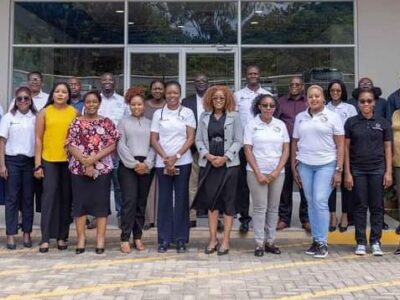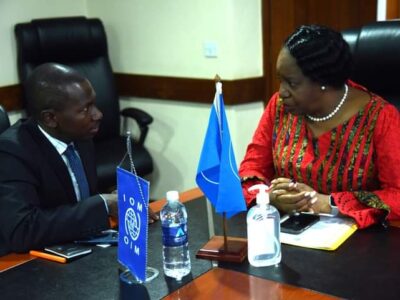The Centre for Agriculture Bioscience International (CABI) has raised concerns about the growing threat of invasive species in Zambia, which could significantly impact food security.
Dr. Noah Phiri, Regional Director of CABI Southern Africa Centre, linked this threat to the increasing effects of climate change, which recently prompted President Hakainde Hichilema to declare a national disaster.
During the CABI-Media Research Dialogue in Lusaka on Monday, Phiri stressed the importance of credible science communication to prevent misinformation that could cause unnecessary alarm or despair.
He highlighted the role of the media in conveying positive messages that inspire transformative actions, particularly in ecosystem restoration.
“Science with a human face entails research tailored to addressing real societal challenges. In agriculture, these challenges include many abiotic stresses and various socio-economic problems faced by farmers,” Phiri stated.
One major challenge he cited is Cassava Brown Streak Disease (CBSD), an invasive viral disease affecting Cassava farmers, particularly in traditional growing regions.
Cassava, Zambia’s second most important staple crop after maize, is vital for about 30 percent of the population.
It is predominantly grown in the provinces of Luapula, Northern, Muchinga, North-Western and Western, playing a crucial role in food security.
“CBSD causes damage to the cassava plant’s leaves, stems, roots and fruit,” Phiri explained.
Read More: 500 smallholder farmers in Nsama District to receive disease-free cassava cuttings
CABI, in collaboration with stakeholders such as Dziwa Science, Zambia Agriculture Research Institute, community leaders and farmers, launched a communication campaign in 2021 to address CBSD.
The campaign aimed to stimulate a nationwide response to curb the disease’s spread and reduce yield losses.
Agriculture Minister, Mtolo Phiri, added that the annual demand for cassava in Zambia exceeded 150,000 tonnes to meet the requirements of various companies.
He noted that the cassava subsector was attracting substantial investment and held great promise for economic development in Zambia.
“The cassava subsector is attracting substantial investment and holds great promise for economic development in Zambia,” he said.
WARNING! All rights reserved. This material, and other digital content on this website, may not be reproduced, published, broadcast, rewritten or redistributed in whole or in part without prior express permission from ZAMBIA MONITOR.












Comments